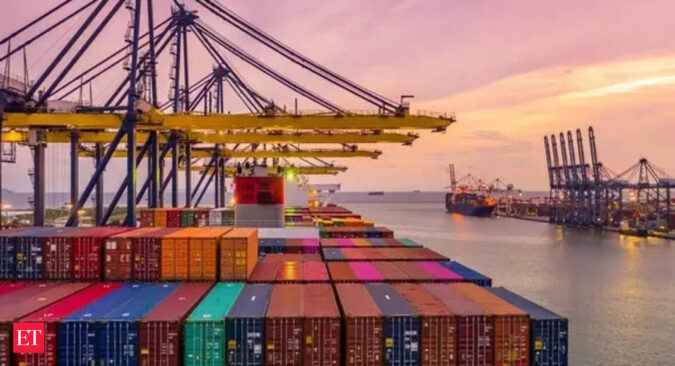“Given the upcoming carbon border taxes imposed by the EU and soon by other countries, India must invest in clean energy technologies…Sectors like steel and aluminum, significantly affected by carbon taxes, should be prioritized for PLI incentives,” said Ajay Srivastava, co-founder of Global Trade Research Initiative (GTRI).
The US has introduced the Inflation Reduction Act in 2022 with a budget of $370 billion for helping firms switch to greener fuel and production options.
“This will bolster India’s export prospects and also lead to cleaner air,” he said.
One way of ensuring deep manufacturing is not to announce PLI on the final product but on critical parts and components, according to the report. It also pushed for PLI for developing expertise in basic sciences, chemistry, metals, and electronics, and for setting up industrial labs for reverse engineering.
GTRI said that small firms need assistance like access to technology and low-cost finance and not PLI. Moreover, PLI for industries like food processing or auto, where many domestic manufacturers make similar products, introduces competitive distortion by giving money to a few firms.
“PLI money at the rate 4-6% of incremental sales could increase profit margins by 30-40%, giving a considerable price advantage over others,” Srivastava said, adding that non-PLI recipients suffer for no fault and the scheme should avoid incentivizing such sectors.GTRI said that the scheme should focus only on cutting-edge product groups where India has no manufacturing capabilities.
“We must ensure that a firm (in the electronics sector) adds genuine value rather than benefitting from the high tariff walls and labour arbitrage,” Srivastava said.
The PLI should provide rich incentives for producing raw material and critical components such as PCBA (printed circuit board assembly), memories, and chips. These constitute 60-80% cost of most electronic devices, according to the report.
PLI schemes for 14 sectors including electronics, white goods, textiles and pharma were announced during the Covid pandemic in 2020 with an outlay of Rs 1.97 lakh crore to boost domestic manufacturing and exports. There is demand for similar schemes for toys and leather.
The think tank cited the example of many smartphone makers disappearing in 2017 once GST abolished tax arbitrage and most firms disappeared after the abolition of Merchandise Exports from India Scheme.
